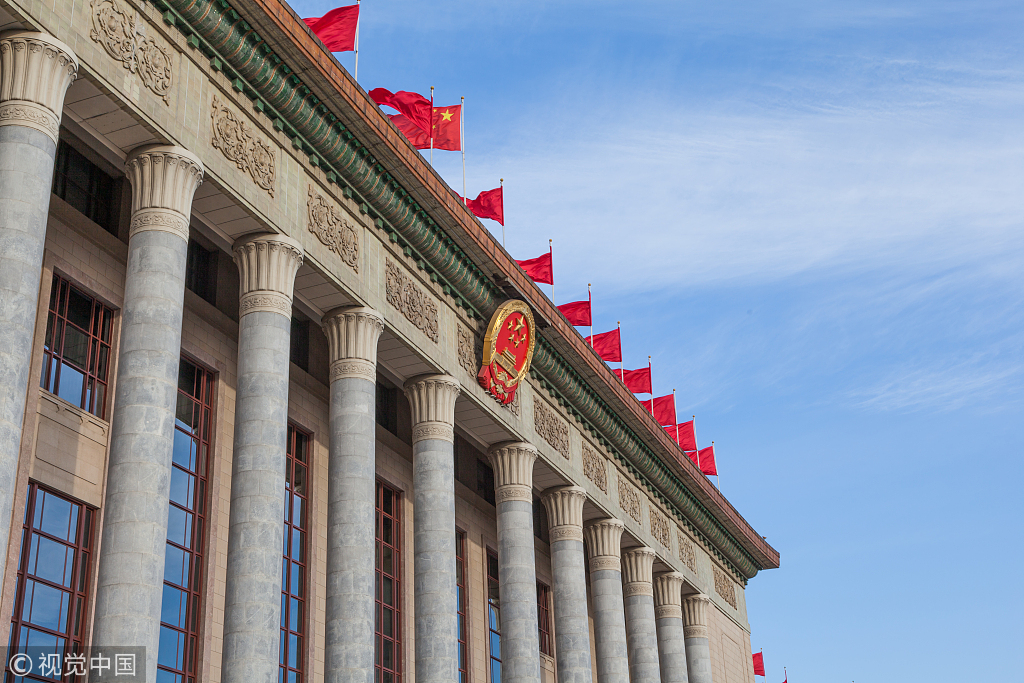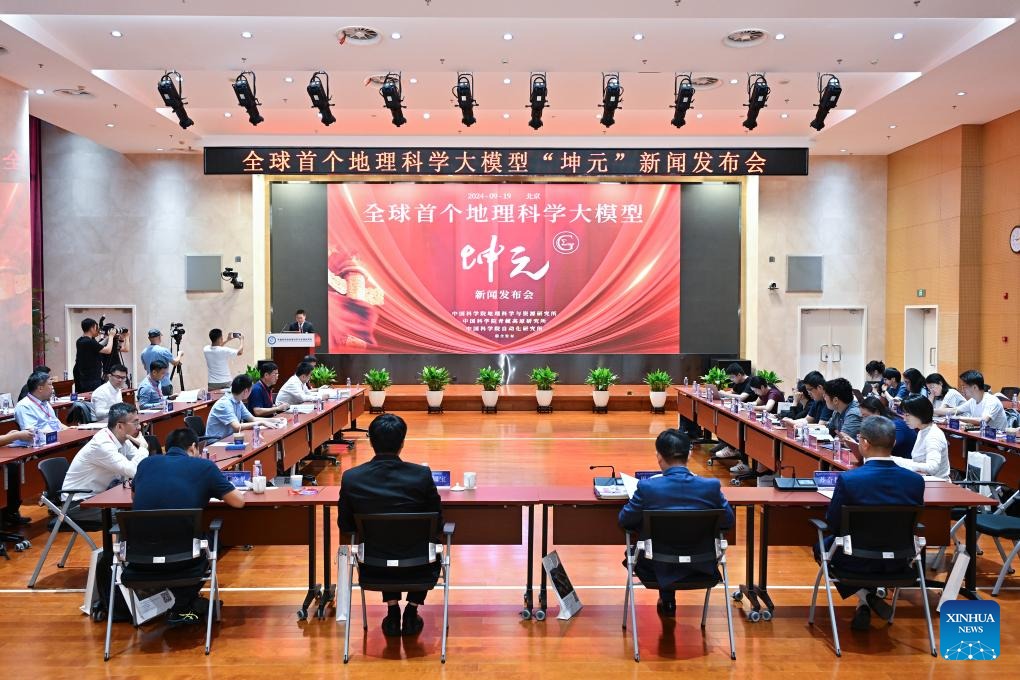代表VS委員、提案VS議案 這些兩會(huì)常用詞的區(qū)別你都知道嗎?
中國(guó)日?qǐng)?bào)網(wǎng) 2021-03-03 10:57

全國(guó)“兩會(huì)”指的是全國(guó)人民代表大會(huì)和中國(guó)人民政治協(xié)商會(huì)議,因?yàn)閮蓚€(gè)會(huì)議的性質(zhì)不同,成員的產(chǎn)生方式不同,所以在很多方面都要使用不同的說法。我們今天就簡(jiǎn)要為大家總結(jié)一下。

>>選舉與邀請(qǐng)
全國(guó)人民代表大會(huì)(the National People's Congress, NPC)是由選舉產(chǎn)生的代表(elected deputies)組成的
中國(guó)人民政治協(xié)商會(huì)議(the Chinese People's Political Consultative Conference, CPPCC)是由邀請(qǐng)來的各個(gè)黨派、各方面社會(huì)的名流以及各方面界別的代表組成的(invited members from non-CPC political parties, mass organizations and different areas)
>>代表與委員
出席全國(guó)人民代表大會(huì)(the National People's Congress, NPC)是“人大代表”(NPC deputies)
出席中國(guó)人民政治協(xié)商會(huì)議(the Chinese People's Political Consultative Conference, CPPCC)的是“政協(xié)委員”(CPPCC members)
>>議案與提案
人大代表提“議案”(motion)
A motion, after examination by NPC deputies at full meetings of delegates or panel meetings, will be a relevant special committee for further exanimation. The presidium will examine the report from the special committee and decide to submit the motion to a plenary session of the NPC for a vote. Adoption requires a simple majority. As the NPC is the top legislature, an NPC motion becomes legally binding when it is adopted.
人大議案提出后,全國(guó)人民代表大會(huì)各代表團(tuán)全體會(huì)議、代表小組會(huì)議對(duì)議案進(jìn)行審議,主席團(tuán)可以將議案交有關(guān)專門委員會(huì)進(jìn)行審議、提出報(bào)告,由主席團(tuán)審議決定提請(qǐng)大會(huì)全體會(huì)議表決。經(jīng)表決,議案由全體代表的過半數(shù)通過。人民代表大會(huì)是最高立法機(jī)關(guān),人大代表的議案一經(jīng)通過,就具有法律效力。
政協(xié)委員提“提案”(proposal)
CPPCC members put forward proposals to offer comments and suggestions on major political and social issues of the country to people's congresses and the government via the CPPCC. There is no restriction on timing, scope or number of sponsoring members. A department in charge of handling proposals is obliged to give a reply to each proposal.
政協(xié)提案是政協(xié)委員向人民政協(xié)組織,并通過政協(xié)組織向人民代表大會(huì)或人民政府就有關(guān)國(guó)家或地方大政方針、社會(huì)生活等重大問題提出意見和建議的形式。提案實(shí)行提出提案的時(shí)間不限、內(nèi)容不限、人數(shù)不限。專門負(fù)責(zé)處理提案的部門應(yīng)該對(duì)每個(gè)提案都給出答復(fù)。
>>履行職責(zé)與參政議政
人大代表履行職責(zé)、行使權(quán)力(fulfil duty and exercise power)
政協(xié)委員參政議政(participate in the discussion and the handling of state affairs)
>>審議與討論
人大代表審議政府工作報(bào)告(deliberate government work report)
政協(xié)委員討論政府工作報(bào)告(discuss government work report)
>>屆次表達(dá)
人大會(huì)議是“X屆全國(guó)人大X次會(huì)議”,比如:今年的人大會(huì)議是十三屆全國(guó)人大四次會(huì)議(the Fourth Annual Session of the 13th NPC)
政協(xié)會(huì)議是“全國(guó)政協(xié)X屆X次會(huì)議”, 比如:今年的中國(guó)人民政治協(xié)商會(huì)議是全國(guó)政協(xié)十三屆四次會(huì)議(the Fourth Session of the 13th CPPCC National Committee)
(中國(guó)日?qǐng)?bào)網(wǎng)英語點(diǎn)津 Helen)

















 英語點(diǎn)津微信
英語點(diǎn)津微信 雙語小程序
雙語小程序